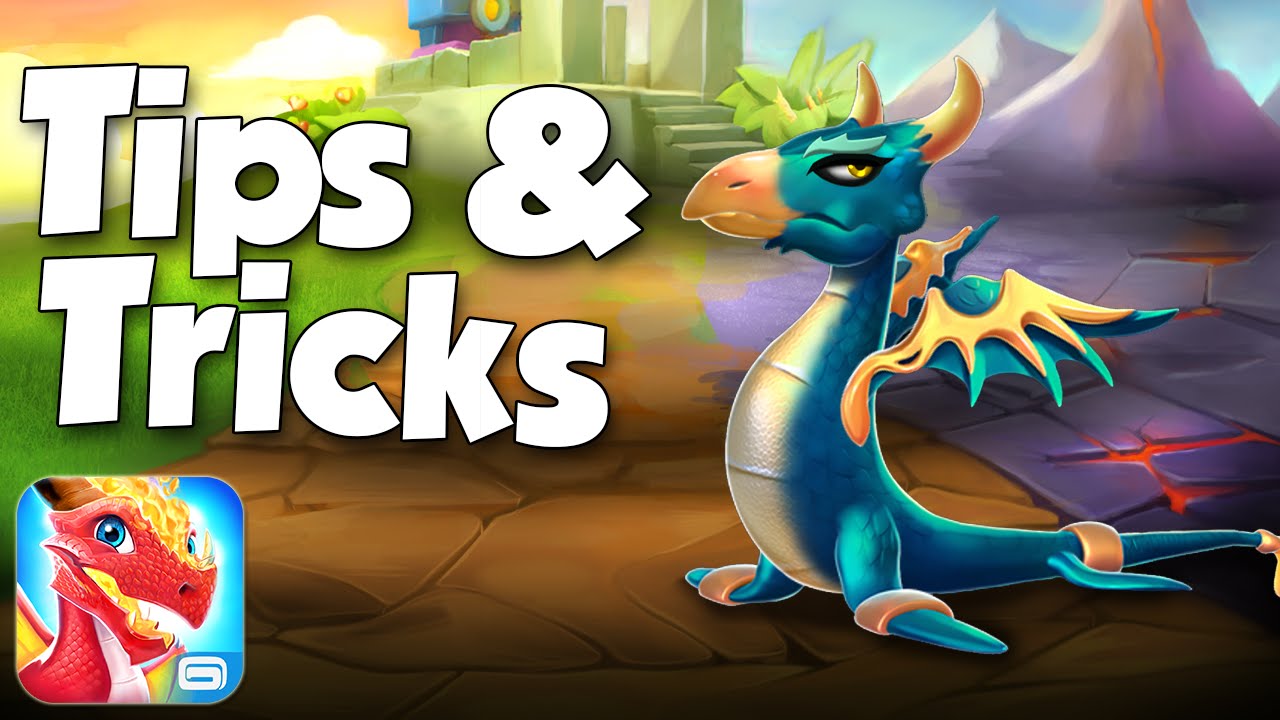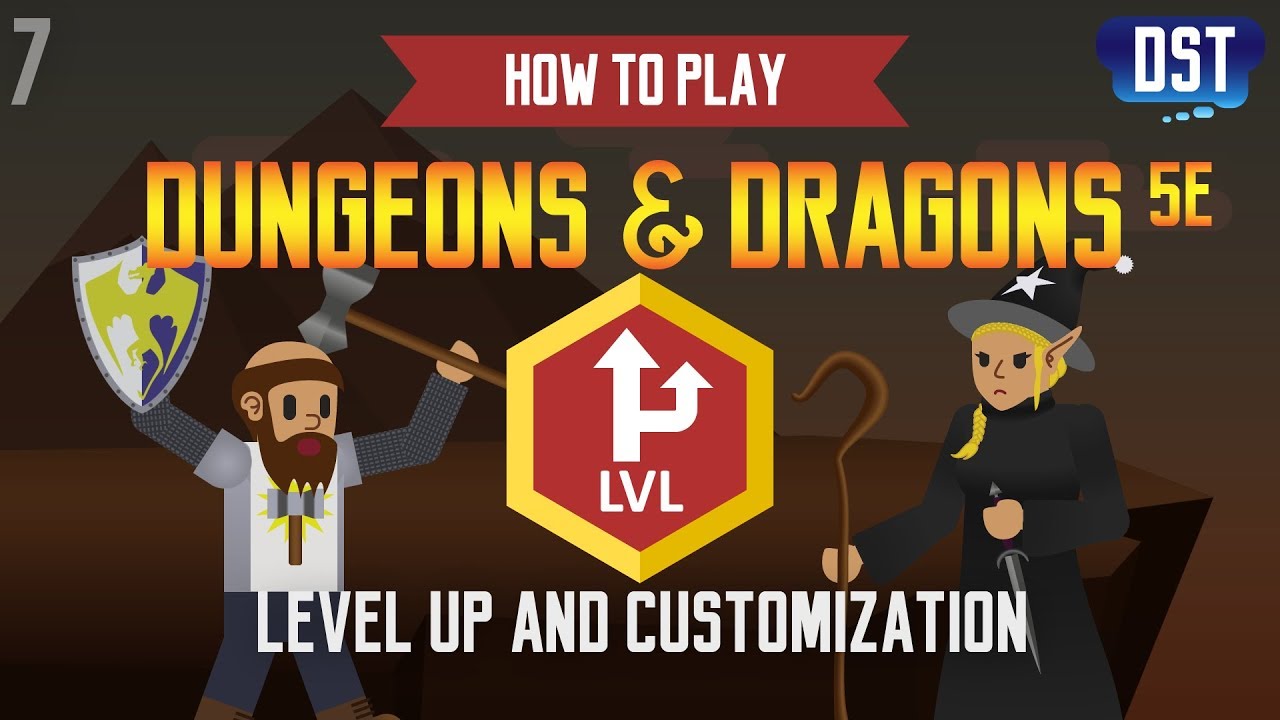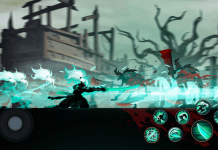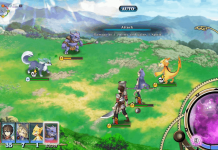Dungeons and Dragons (D&D) is a game of wit, prowess and dedication and thousands of people around the world have stepped up to it. Becoming a master however takes some time.
Whenever players cross from one tier to the next in a game, they will have leveled-up their character. Being a new Dungeon Master (DM) requires you to handle awarding experience points, or, how frequently you level-up.
The question is related to your frequency of awarding experience and awarding level points. Often, you need to give your players experience marks. Up next we're going to give you tips and tricks to level up in this game.

Experience Point Leveling
You can use experience points to level up, as this is a conventional method of monitoring the progress of a player in Dungeon and Dragons. Here, players combat and interact with the guests while acquiring experience points and applying them according to their opponents' dynamics.
Typically, players will track their performance through the use of a chart. The amount of points you earn when playing against monsters is directly proportional to the beast's Challenge Rating (CR).
Note that the ratings of the monsters take values from 0 challenge rating to between 0-10XP while the 30 challenge rating earning is 155,000 XP. Still, if you want to determine the cumulative sum you have obtained from all the monsters you've battled with, you need to calculate.
Calculate the experience points from all of them; however, do not multiply the points you would do while establishing the threshold of the party's XP.
After adding the experience points to the game, apportion it among your players. For instance, if you just battled a black dragon whose CR is 7, they acquired 2900 XP for the party. If you have 10 players, then each will get 290XP (2900/10).
Earn More
Furthermore, there are other ways players can earn XP apart from combat. For example, a DM can decide to give XP for spectacular role play, expediencies, or unique and unorthodox techniques, plot discovery or providing a solution to a mystery.
Notably, this method is advantageous because its leveling structure is clear. Players are aware of the amount of experience they require until leveling up, and this can push them to be more engaged in plot or combat devices.
Since only those who fought are awarded XP, experienced points leveling-up method also keeps players responsible for showing up to game nights. In case they fail to show up on numerous occasions, they find themselves behind other members.
Also, this technique enables DMS to expend XP rewards for great role showing, compared to the other structures whose leveling-up pace is the same, and there are not many of such boosts.
Milestone-based Leveling Up
DMs majorly use a milestone-based technique for leveling-up, and Matt Mercer employs it in his role. So, players level-up when they attain a milestone in the plot, like reaching a city or having meet-ups with a significant non-player character (NPC).
Note that this is entirely based on DM, because the players are unaware of the time they will level up.
The primary significance of milestone leveling up is the freedom quantities it enables the DMs. Meaning that you don't need to add, divide, or monitor XP. If you are interested in leveling your players when the play ends, you inform them to level up!
However, it is worth noting that not all the players will be motivated when the game ends because the milestones are typically attained at a party. Also, players generally are psyched to know how much time it will take them to level up.
They hate surprises because they want to own the feeling of entering the next tier.

Session-Based Leveling
Session-based leveling uses the quantity of the sessions attended to gauge the time to level up the players. On many occasions, the DMs will enable the players to level up after they have attended two sessions.
Moreover, these techniques are merited for player-clarity blending and the freedom of the DM exercises. Interestingly, the players can determine when they are going to level up, yet, you don't need to stress yourself out with calculating and tracking the XP.
Also, session-based leveling gives players incentives when they show up for the matches, as this is the only manner of leveling up.
Conclusion
Leveling up in D&D can take about six encounters for your party to move from the first level to the second. However, do not be trapped in the pitfall of fast-leveling up.
Allow the natural progress of the game to ensue and stop trying to compel other players into higher levels as this will give you bigger problems. Also …. have fun!







